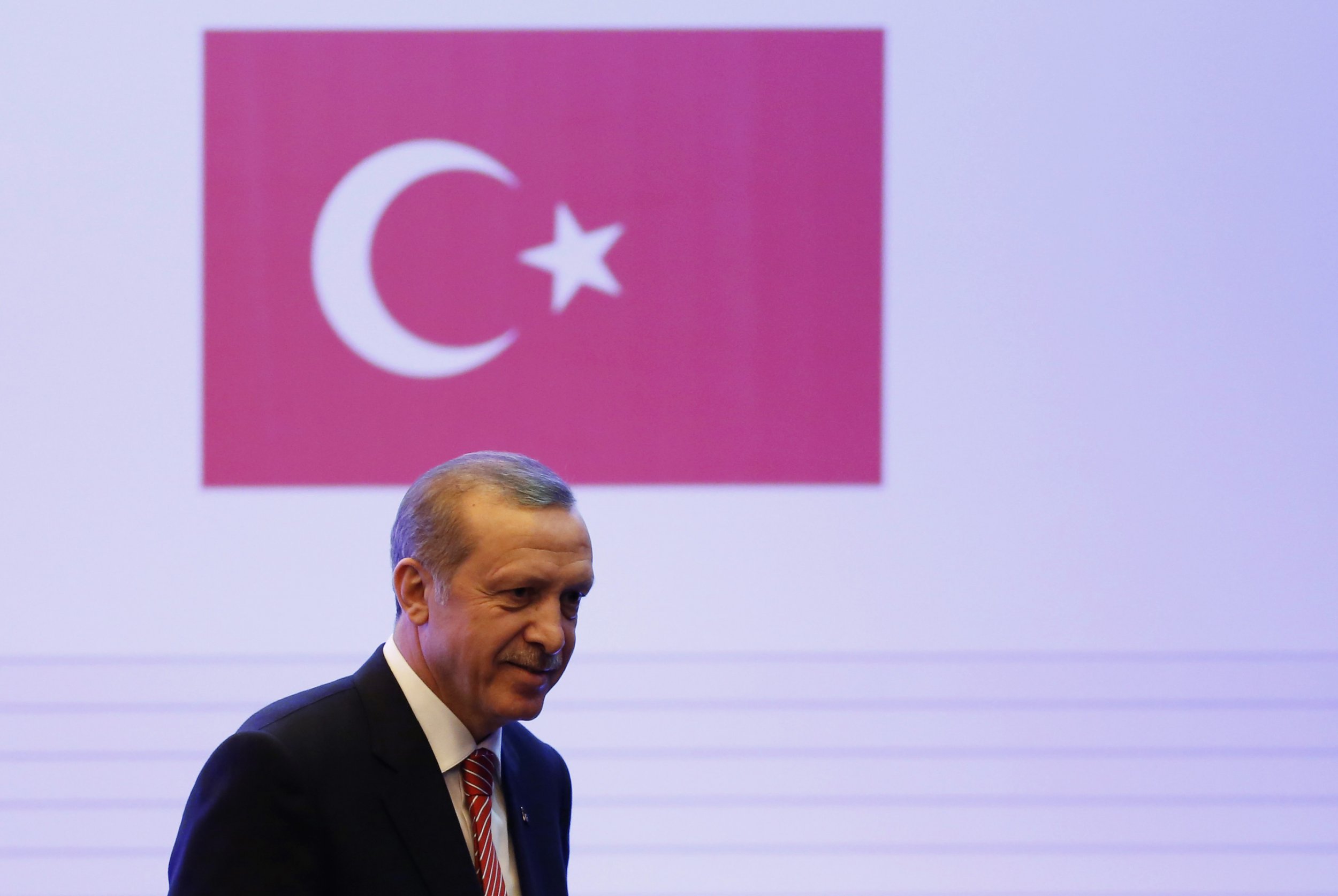
A brief ban on Twitter in Turkey is to be lifted after the social media website complied with a Turkish court ruling that demanded the removal of photographs of a prosecutor who was taken hostage by militants in Istanbul last week, according to a senior Turkish official. Negotiations are thought to still be ongoing with YouTube, which remains inaccessible to Turkish users.
Twitter agreed to remove the images of Istanbul prosecutor Mehmet Selim Kiraz after Turkish authorities banned access to the social media site on Monday, the official, speaking on condition of anonymity, told Reuters. Kiraz died from bullet wounds last Tuesday after security forces stormed the office where he was being held by members of the far-left group, the Revolutionary People's Liberation Party-Front.
"Twitter has agreed to shut down accounts and remove images relating to last week's hostage-taking. The website will reopen to access very shortly," the official said.
"Users across Turkey will be able to access the site within the hour," he added. Twitter has not yet responded to the comments.
The images showed Kiraz gagged and with a gun to his head. It is thought he was taken hostage because he headed an investigation into the death of a boy during anti-government protests that took place in 2013.
The ban against the social media sites was originally implemented on Monday after a court ruling on Friday. The presidential spokesman, Ibrahim Kalin, defended the ban, likening the publication of the pictures as the "spreading of terrorist propaganda", according to the Guardian.
After widespread complaints from users who found themselves unable to access the websites on Monday, a government official confirmed to the Turkish newspaper Hurriyet that a number of Turkey's leading internet service providers had implemented a ban in compliance with the court ruling. Seven Turkish newspapers also face a criminal investigation after publishing the images of Kiraz.
In total, 166 websites which shared the images were blocked by the court order. The ban on Facebook was lifted earlier on Monday after the website also complied with the ruling. Shortly after the ban was announced on Monday, the hashtag #TwitterisblockedinTurkey became the top trending term globally.
The last time Turkey blocked Twitter and YouTube was in the run-up to local elections in March 2014, sparking a wave of international condemnation. The websites were blocked after leaked recordings detailed alleged corruption among senior Turkish officials, including then-prime minister Recep Tayyip Erdogan, which the Turkish leader claimed to be fabricated.
Over the weekend, Erdogan signed a law that gives the police greater powers to detain, search and wiretap people, along with legislation that enables state authorities to block internet content ahead of a court order.
Earlier this year, Twitter's biannual transparency report showed that between July and December last year, Twitter received an 84% increase in global government and government-sanctioned demands to remove content. The top offender was Turkey, which lodged 477 requests.
Uncommon Knowledge
Newsweek is committed to challenging conventional wisdom and finding connections in the search for common ground.
Newsweek is committed to challenging conventional wisdom and finding connections in the search for common ground.
About the writer
Felicity is a reporter for Newsweek Europe based in London. Twitter: @FelicityCapon
To read how Newsweek uses AI as a newsroom tool, Click here.








